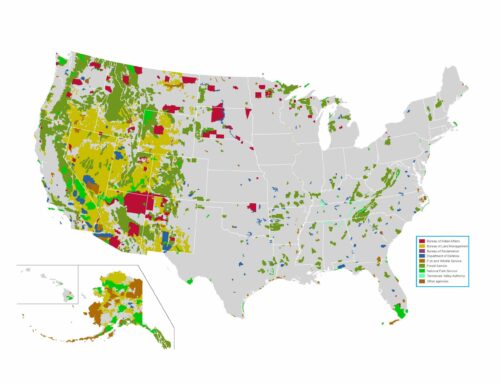by Greg Walcher, Senior Policy Fellow
As Appearing in The Daily Sentinel
Consensus on natural resources issues is elusive, often because the real agenda is not agreed upon. For me, there have been a number of “ah-ha moments,” a realization that there are hidden agendas in play. Many of those moments have come during debates about endangered species, because so often the most obvious solution is not mentioned.
Consider the legal hunting of endangered species. In various countries you can still legally hunt species universally considered endangered: African elephants, lions, cheetahs, hippos, rhinos, even great white sharks. A good example is the perpetual debate about the impact of Alaskan oil production on polar bears. The real debate ought to be about polar bears, but they are merely a tool in the argument about oil, carbon, and global warming. Whether or not we should produce domestic oil instead of relying on imports is a legitimate disagreement — but it is not about polar bears. If we are truly concerned about the fate of polar bears, and think they are in danger of extinction, wouldn’t it make sense to stop killing them on purpose?
The law allows “subsistence hunting,” by Alaska natives (Eskimos), surely a misnamed activity. Beyond that, though, many other hunters still pay up to $50,000 for the privilege of participating in legal trophy hunts. Between 2003 and 2013, over 800 polar bears were killed under this legal system, for recreation. I am a hunting advocate, and hunters support conservation of hundreds of species throughout the world. But if we really think a species is in danger of becoming extinct, one of the first things we would do is stop killing them. The reason we have not done that is simple — they are not really endangered. In fact, the species is in the midst of a dramatic resurgence, so they are simply a tool for the energy debate.






